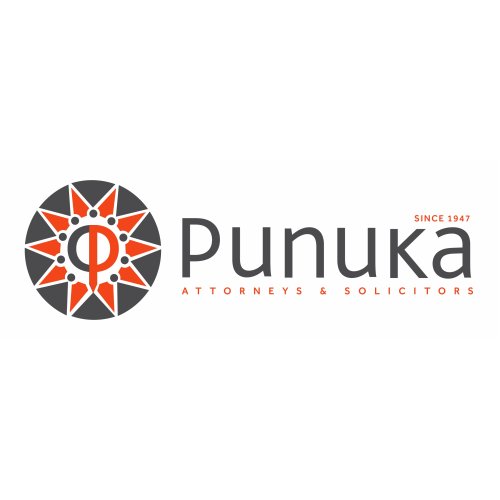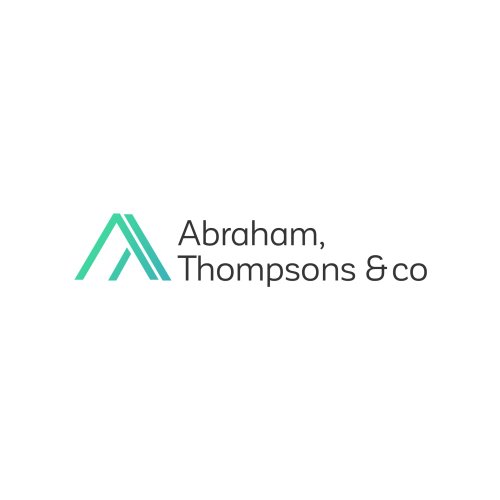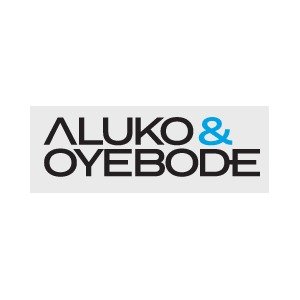Best Information Technology Lawyers in Nigeria
Share your needs with us, get contacted by law firms.
Free. Takes 2 min.
Or refine your search by selecting a city:
List of the best lawyers in Nigeria
Legal guides written by Adeola Oyinlade & Co:
- Procedure and Requirements for Work Permit and Visas in Nigeria
- The Step-By-Step Procedure of How to Apply for Microfinance Bank License Online in Nigeria
- How to Ensure the Smooth Recognition and Enforcement of Foreign Judgments in Nigeria

HARLEM Solicitors, Chief Wole Olanipekun (san) CRESCENT, AGODI G.R.A, IBADAN
15 minutes Free ConsultationAbout Information Technology Law in Nigeria
Information Technology (IT) law in Nigeria governs the legal issues related to information systems, software, the internet, and related digital services. As the country undergoes rapid digital transformation, the need for legal frameworks has become paramount. The emerging landscape includes data protection and cybersecurity laws addressing challenges brought by increased internet penetration and digital activities. Nigeria's IT industry is a significant part of its economy, with growing investments in tech startups and IT infrastructure.
Why You May Need a Lawyer
Legal advice in the field of Information Technology can be crucial in several situations:
- Intellectual Property Protection: If you have developed a software application, you may need to secure patents, copyrights, or trademarks to protect your invention.
- Data Privacy and Security: Businesses handling personal data must comply with the Nigeria Data Protection Regulation (NDPR). Legal counsel can help ensure compliance and address breaches.
- Contractual Agreements: Drafting or reviewing contracts for IT services, software licensing, or partnerships often requires specialized legal expertise.
- Regulatory Compliance: Navigating the regulatory landscape for tech businesses, including fintech, can be complex.
- Dispute Resolution: Legal representation may be necessary for disputes related to technology agreements, cybercrime, or intellectual property infringements.
Local Laws Overview
Here are some key aspects of local laws that are particularly relevant to Information Technology in Nigeria:
- Nigeria Data Protection Regulation (NDPR): This regulation governs the processing of personal data to protect individual privacy rights in Nigeria.
- Cybercrimes (Prohibition, Prevention, Etc.) Act, 2015: Enacted to address the rising threats of cybercrime, including hacking, identity theft, and other offenses.
- Intellectual Property Law: Covers areas such as copyright, patents, and industrial designs, crucial for technology innovations.
- Consumer Protection Framework: Ensures that digital product and service providers treat consumers fairly and comply with quality standards.
Frequently Asked Questions
What is the Nigeria Data Protection Regulation (NDPR)?
The NDPR is a legal framework designed to protect the data privacy rights of individuals within Nigeria. It mandates organizations to obtain consent before processing personal data, implement data protection measures, and report data breaches.
What legal challenges face tech startups in Nigeria?
Tech startups often face challenges such as regulatory compliance, intellectual property protection, and navigating contract law. Legal counsel can help address these issues efficiently.
How can I protect my intellectual property in Nigeria?
Intellectual property such as inventions, artistic works, and trademarks can be protected through registration with the relevant government agencies. Legal advice can guide this process.
What are the penalties for non-compliance with the NDPR?
Penalties include fines based on the turnover of the offending organization. Continuous breaches may lead to stricter penalties, including imprisonment for responsible individuals.
How can a lawyer help prevent cybercrime in my business?
A lawyer can help implement robust cybersecurity practices and policies, ensuring compliance with cybercrime laws and preparing your business to respond effectively to incidents.
Do IT contracts require specific legal language?
Yes, IT contracts often require precise language that reflects the technical and commercial terms agreed upon by parties. Legal expertise ensures contracts are enforceable and protection is maximized.
What is the role of the National Information Technology Development Agency (NITDA)?
NITDA is responsible for ensuring the development of IT in Nigeria. It also enforces compliance with the NDPR and oversees IT regulatory matters.
What are some common IT-related disputes?
IT-related disputes may include software licensing disagreements, intellectual property infringement, data breaches, and service-level agreement violations.
Are there specific laws for fintech in Nigeria?
Yes, the Central Bank of Nigeria has issued various regulatory guidelines for fintech companies, addressing issues such as payment systems, digital banking, and cryptocurrency.
How can I ensure compliance with Nigerian IT laws?
Ensuring compliance involves staying informed about current regulations, conducting regular audits, and seeking legal advice to adapt your practices accordingly.
Additional Resources
Here are some recommended resources for legal guidance in IT:
- National Information Technology Development Agency (NITDA): Oversees the implementation of IT policies and the NDPR.
- Nigerian Bar Association (NBA): Offers directories of legal professionals specializing in IT law.
- National Office for Technology Acquisition and Promotion (NOTAP): Facilitates technology transfer and protection of intellectual property.
Next Steps
If you need legal assistance in Information Technology, consider the following steps:
- Identify the specific legal needs related to your IT concerns.
- Consult with a lawyer specializing in IT law to discuss your case.
- Ensure that your business complies with relevant laws such as the NDPR and Cybercrimes Act.
- Consider seeking ongoing legal advice to adapt to changes in technology laws and regulations.
Lawzana helps you find the best lawyers and law firms in Nigeria through a curated and pre-screened list of qualified legal professionals. Our platform offers rankings and detailed profiles of attorneys and law firms, allowing you to compare based on practice areas, including Information Technology, experience, and client feedback.
Each profile includes a description of the firm's areas of practice, client reviews, team members and partners, year of establishment, spoken languages, office locations, contact information, social media presence, and any published articles or resources. Most firms on our platform speak English and are experienced in both local and international legal matters.
Get a quote from top-rated law firms in Nigeria — quickly, securely, and without unnecessary hassle.
Disclaimer:
The information provided on this page is for general informational purposes only and does not constitute legal advice. While we strive to ensure the accuracy and relevance of the content, legal information may change over time, and interpretations of the law can vary. You should always consult with a qualified legal professional for advice specific to your situation.
We disclaim all liability for actions taken or not taken based on the content of this page. If you believe any information is incorrect or outdated, please contact us, and we will review and update it where appropriate.
Browse information technology law firms by city in Nigeria
Refine your search by selecting a city.
















